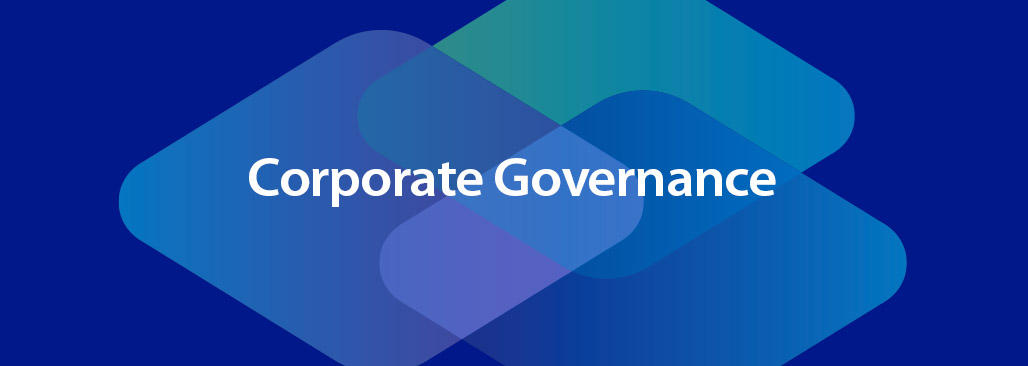Metrobank Code of Conduct and Ethics for Bank Directors
Share:

The Metropolitan Bank & Trust Company (Metrobank) Code of Conduct and Ethics for Bank Directors
Policy Statement
The members of the Board of Directors of Metropolitan Bank & Trust Company, acknowledging that the position of a bank director is one of utmost trust and confidence, believing that fairness, accountability and transparency are the guiding principles of good corporate governance, adopt this Code of Conduct and Ethics for Directors.*
*Adapted from the BSP Manual of Regulations for Banks (MORB)
Standards of Conduct
- Every director must treat board directorship as a profession, have a clear understanding of his duties and responsibilities as well as his role in promoting good governance, maintain professional integrity and continuously seek to enhance his skill, knowledge and understanding of bank activities.
- Every director must have a working knowledge of statutory and regulatory requirements affecting the Bank, observe and comply with the same.
- Every director must have copies of the Bank’s Articles of Incorporation, By-laws and other related documents, observe, comply and act only within the mandate and limits stipulated therein.
- Every director must remain fit and proper for the position for the duration of his term. He should possess unquestionable integrity to make decisions objectively and resist undue influence.
- Every director must devote time and attention to properly discharge his duties, familiarize himself with the Bank’s business, constantly aware of the Bank’s condition and knowledgeable enough to contribute meaningfully to the board’s work. He must attend and actively participate in board and committee meetings. If a person cannot give sufficient time and attention to the affairs of the Bank, he should neither accept his nomination nor run for election as a member of the board.
- Every director must act judiciously. Before deciding on any matter brought before the board, every director should thoroughly evaluate the issues, ask questions and seek clarifications when necessary.
- Every director should contribute significantly to the decision-making process of the board, actively participate and exercise independent judgment on corporate affairs requiring the decision or approval of the board.
- Every director should view each problem/situation objectively. When a disagreement with others occurs, he should carefully evaluate the situation and state his position. He should not be afraid to take a position even though it might be unpopular. Corollarily, he should support plans and ideas that he thinks will be beneficial to the bank.
- Every director must conduct fair business transactions with the Bank and ensure that personal interest does not bias board decisions. A director should, whenever possible, avoid situations that would give rise to a conflict of interest. If a transaction with the Bank can not be avoided, it should be done in the regular course of business and upon terms not less favorable to the Bank than those offered to others.
The basic principle to be observed is that a director should not use his position to make profit or to acquire benefit or advantage for himself and/or his related interests. He should avoid situations that would compromise his impartiality. - Every director must act honestly and in good faith, with loyalty and in the best interest of the bank, its stockholders, regardless of the amount of their stockholdings, and other stakeholders such as depositors, investors, borrowers, other clients and the general public. A director must always act in good faith, with the care which an ordinary prudent man would exercise under similar circumstances. While a director should always strive to promote the interest of all stockholders, he should also give due regard to the rights and interests of other stakeholders.
- Every director must observe confidentiality of non-public information acquired by reason of his position as a director. He may not disclose said information without the authority of the board.